If life gives you lemons, make lemonade … and if your wine turns sour, make vinegar.
From the Old French vin egre, vinegar literally means “sour wine.” Despite its unpleasant name, this acidic liquid derived from fermenting alcohol is a healthy, versatile kitchen staple, adding flavor and punch to dressings, marinades and sauces. It’s ideal for pickling, and it can also serve as a salt substitute or as an egg replacement in cakes and quick breads. Once opened, vinegars will last up to a year, if kept tightly sealed in a cool, dry place.
Studies suggest that acetic acid, vinegar’s main component, encourages weight loss by suppressing appetite. It can slow sugar absorption, preventing blood sugar spikes, and may help your body better absorb nutrients, especially calcium. Red wine and balsamic vinegars contain antioxidants, including heart-healthy resveratrol. The distilled forms of vinegar are also safe for gluten-free diets.
Vinegars start not only from grapes but also from various fruits, honey, beer, grains and even potatoes. Here’s how to enjoy some of the most common varieties.
Apple Cider
Use this flavorful vinegar to tenderize and impart a tangy flavor to meat, or try it instead of mayo for healthier coleslaw.
TIP: Use 1 TBSP white or apple cider vinegar and 1 tsp baking soda in place of each egg called for in a recipe.
Balsamic
Rich, sweet balsamic vinegar—derived from white grapes and aged in wood casks like fine wine—enhances
soups, beans and meat sauces.
Distilled White
Add a tablespoon of this grain-based vinegar to boiling water to guarantee fluffier rice or prevent hard-boiled
eggs from cracking. It’s also a safe way to remove bacteria from fresh produce. Mix 1/2 cup white vinegar with a gallon of warm water to clean your wood floors without chemicals.
Malt
Made from barley, this amber-colored vinegar is a must with fish-and-chips and adds a robust flavor when drizzled over
roasted potatoes. Perfect for homemade relishes and chutney, it is also the preferred choice for pickling.
Red Wine
Mix this less-acidic vinegar with herbs, a dash of olive oil and your choice of chopped veggies; then refrigerate for an
hour for a ready-to-go marinated salad.
TIP: When pickling vegetables and other ingredients, use a vinegar with 5 percent acidity.
Rice
A subtle flavor makes rice vinegar a popular choice for Asian cooking, especially stir-fry recipes. Use on sushi rice to boost flavor and kill possible bacteria on raw fish; substitute it for butter over steamed veggies.

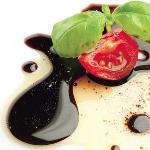

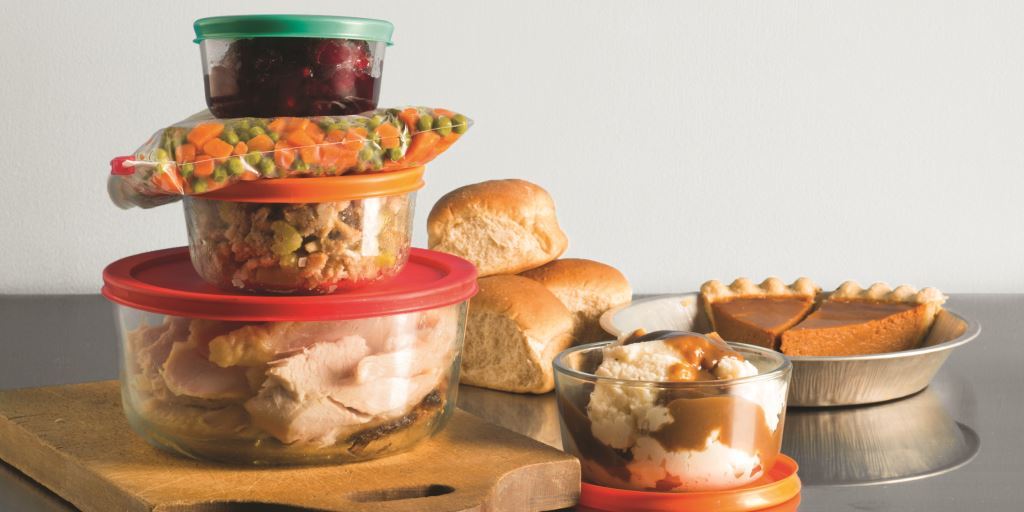


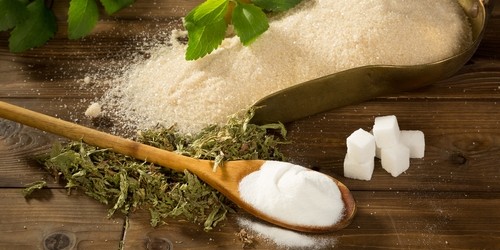
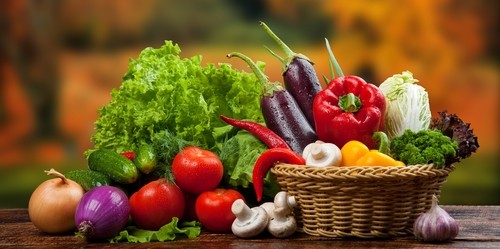
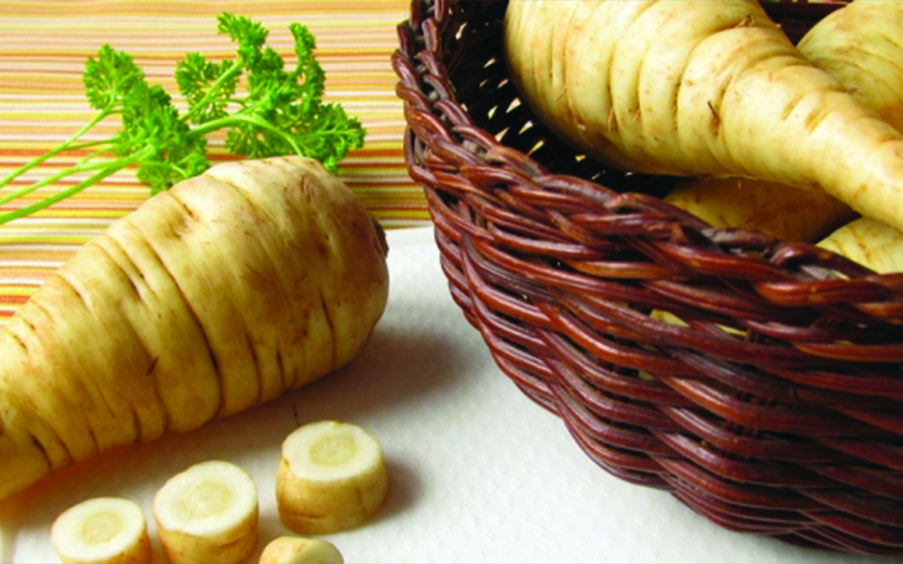

Comments